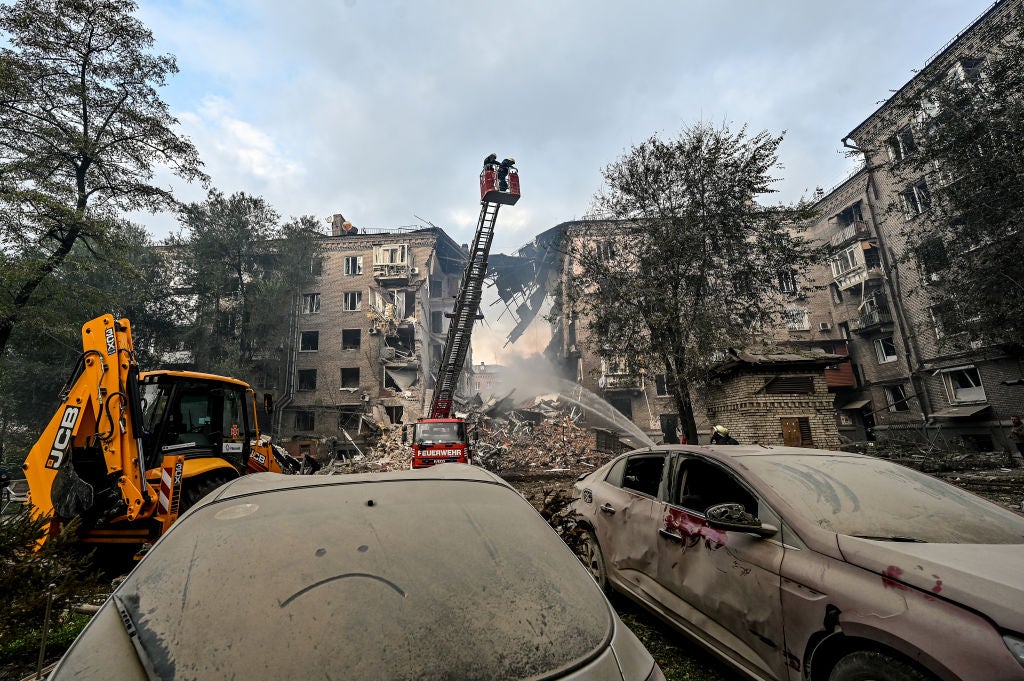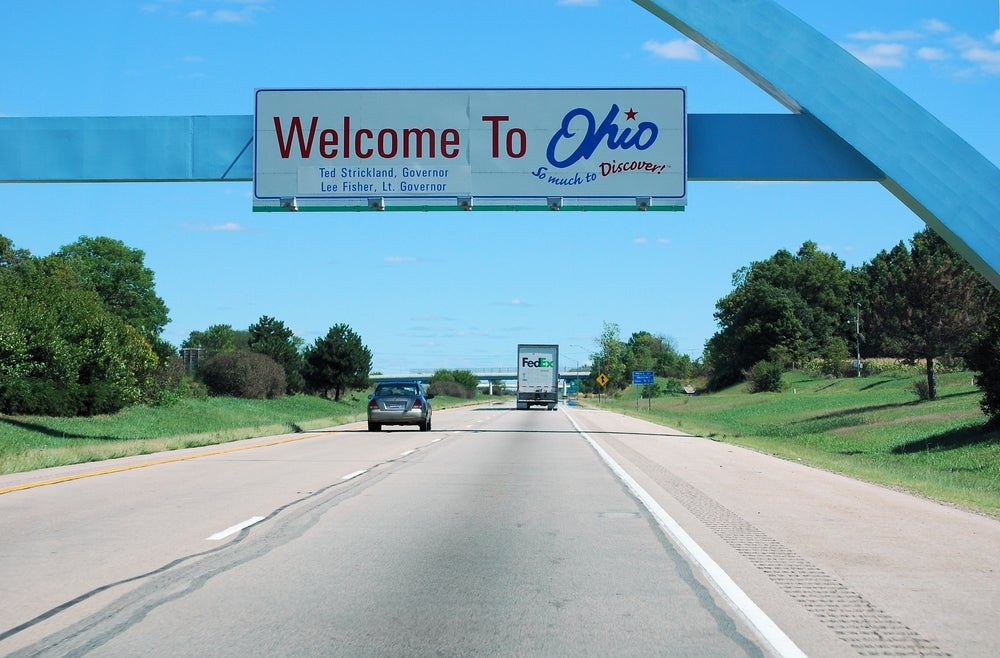
Ukraine is in desperate need of foreign capital to revamp its economy and rebuild the country. As things stand, the reconstruction bill has already surpassed at least $349bn, according to a report from the World Bank, the European Commission and the Ukrainian government.
The private sector is keen to get involved, both in terms of reconstruction and general investment, so to speak, across the ever vibrant parts of the Ukrainian economy. Although business sentiment for investment into Ukraine is at its lowest since 2013, 91% of the hundreds of companies in Ukraine’s European Business Association (the country’s largest network for foreign investors) still want to work in Ukraine, while half still have a desire to invest more in the country, despite the ongoing war.
“We already see some investors looking to come in with hundreds of millions of dollars for various projects,” said Anna Derevyanko, executive director of the European Business Association, at a recent forum in Barcelona. “The entry price currently is very low in Ukraine compared with what it could be when the war is over, but they urgently need political risk insurance [PRI].”
Who is going to cover these investments?
Companies are keen to invest in Ukraine, but Ukrainian authorities are even more keen to promote a very justified message: now is the time to get involved, both for cost-saving reasons and ethical ones. However, investors need insurance, generally speaking, but most especially in war-raged countries.
“You are not getting coverage in the private PRI market for Ukraine right now,” an anonymous source in the insurance market tells Investment Monitor. “It is not common to issue PRI for a country in the middle of an active war, at least from private underwriters.”
The burden, therefore, falls on the public sector.
How well do you really know your competitors?
Access the most comprehensive Company Profiles on the market, powered by GlobalData. Save hours of research. Gain competitive edge.

Thank you!
Your download email will arrive shortly
Not ready to buy yet? Download a free sample
We are confident about the unique quality of our Company Profiles. However, we want you to make the most beneficial decision for your business, so we offer a free sample that you can download by submitting the below form
By GlobalData“Ukraine urgently needs strong political will from foreign governments to create a tailored insurance programme,” says Sergiy Tsivkach, CEO of UkraineInvest, the country’s investment promotional agency. “This is of highest priority in order to rebuild Ukraine. It is 11 out of 10 on the scale of importance. We can’t expect private underwriting, because they have different models of business. It can only come from political agreement and joint agenda, since they can subsidise the premium to make it affordable.”
There are already a few public sector providers that are taking claims for Ukraine-bound investment, such as the World Bank’s Multilateral Investment Guarantee Agency (MIGA), the US’s International Development Finance Corporation (IDFC), Poland’s export credit agency and Germany’s ministry of economic affairs (KUKE). However, their programmes are general ones that existed before the war, meaning they are limited in the scope and scale of their coverage, says Tsivkach.
For example, MIGA is only able to do pilot projects and cover investments of around $30m, while IDFC has not specified how much they will be able to cover, but are expecting applications from companies to assess them case by case, adds Tsivkach. At the same time, IDFC said that they do not have any capital limit with regards to Ukraine, but have yet to approve any projects. It is worth nothing that IDFC’s budget globally is around $30bn, but Ukraine needs hundreds of billions of such coverage. Meanwhile, KUKE is currently only insuring contracts, not investments, and the German Ministry of economy is only insuring investment projects when German companies apply.
A new system is in the works
The Ukrainian government is pushing hard for a new international insurance programme for foreign investors. Tsivkach says that it is very much in the process of negotiation right now, and that it will come in different forms, such as a multi-government initiative or a public-private-partnership programme (for infrastructure).
Single agency developments are also under way. “MIGA is working to address the impacts of the war in Ukraine on the private sector through the establishment of a donor-supported trust fund,” says a World Bank spokesperson. “MIGA is actively seeking donor support for this initiative.”
“If you are going into Ukraine, especially in an all-important sector such as manufacturing, you need insurance against war damage if you are going to build a facility,” adds Tsivkach. “Creating a process for this was delayed because people hoped the war would end soon, but now we see that it is heading for the long term, so we have to start working things out now.”
Alongside a new insurance programme for new investments to Ukraine, Tsivkach wants to see a system that covers companies that are already there, saying: “I know businesses in Ukraine that would gladly pay an extra 1% or 2% to insure their property against possible physical damage. This would bring much-needed certainty to their operations.”
Billions of dollars of investment are already in Ukraine. Billions more are looking to enter. Both need insurance, and until this can be provided, Ukraine’s economic recovery remains in limbo.







